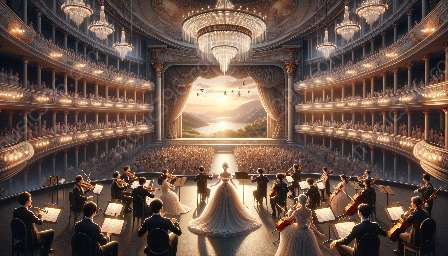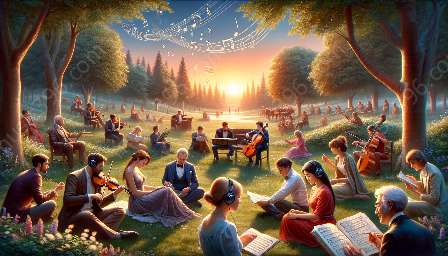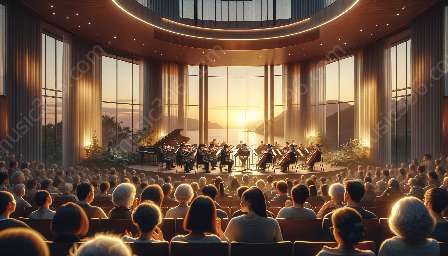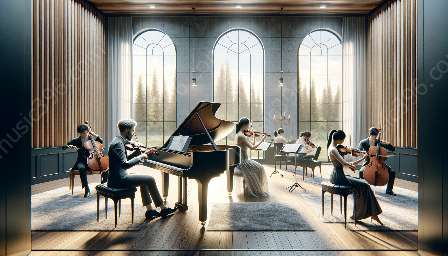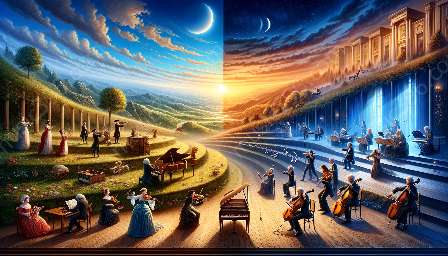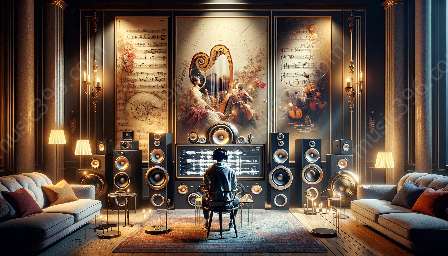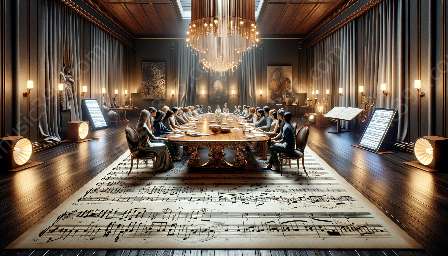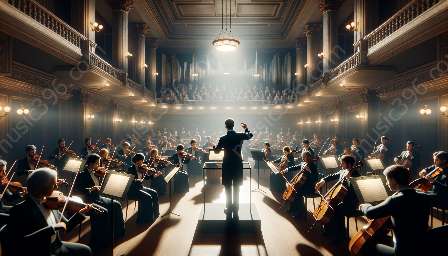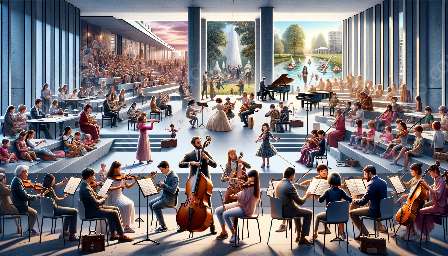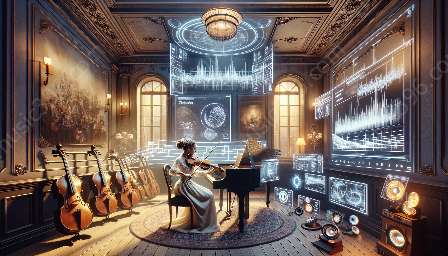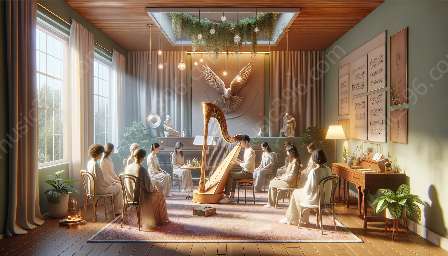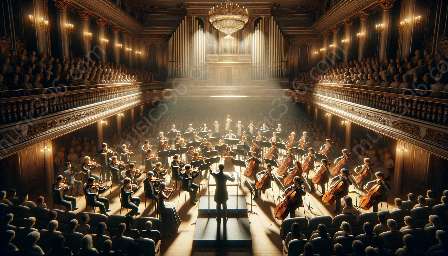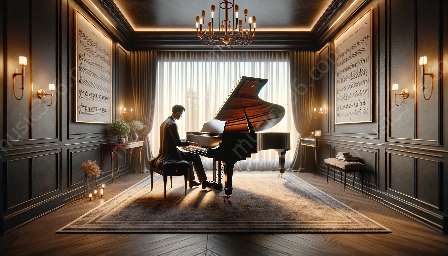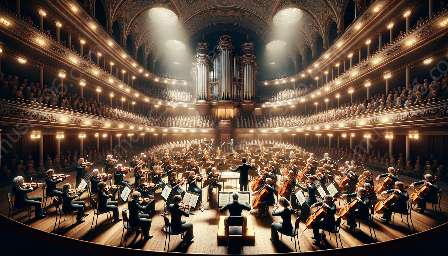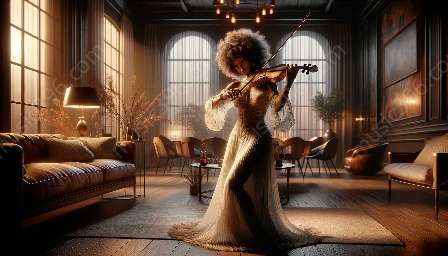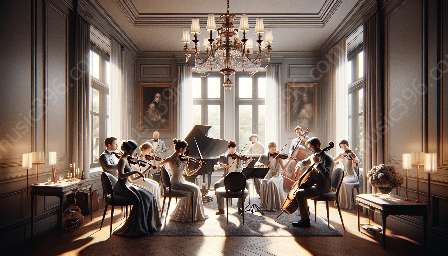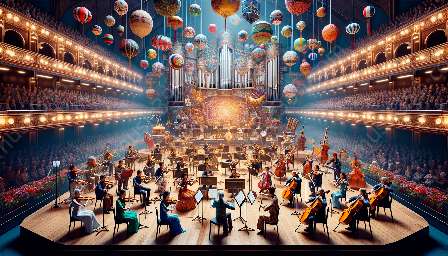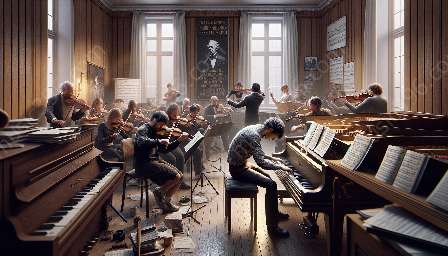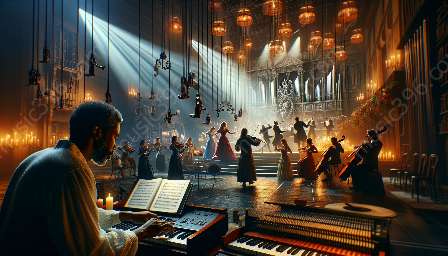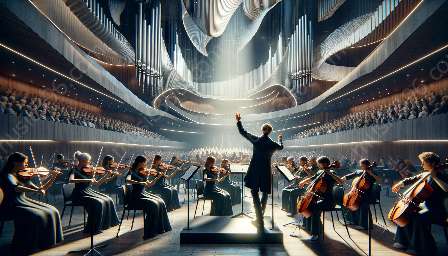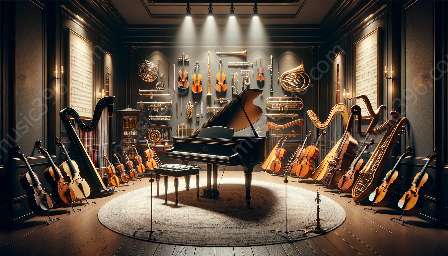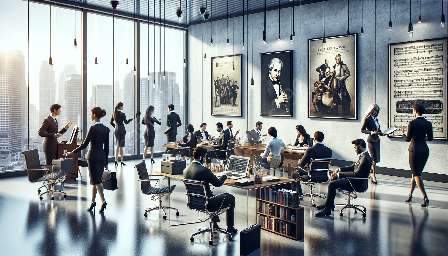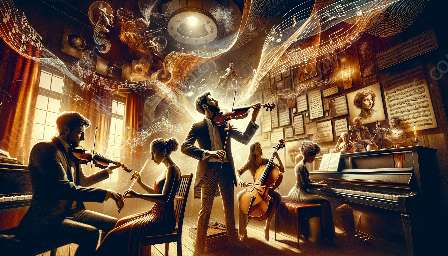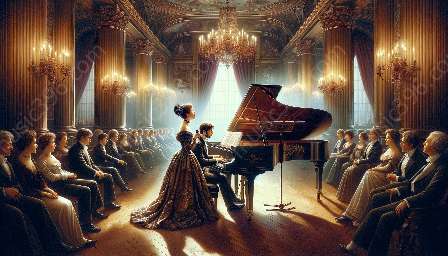If you're curious about the live concert settings for contemporary classical music and how they differ from traditional classical music performances, you've come to the right place. In this comprehensive guide, we'll explore the unique atmosphere of contemporary classical music concerts, the venues where they often take place, and the elements that make these performances distinct and captivating.
The Atmosphere of Contemporary Classical Music Concerts
Contemporary classical music concerts typically exude an atmosphere that is strikingly different from traditional classical music performances. While the latter often adhere to a formal and structured ambiance, contemporary classical music concerts embrace a more innovative and experimental approach. The atmosphere is often characterized by a sense of creativity, exploration, and boundary-pushing, as composers and performers strive to connect with modern audiences through thought-provoking and unconventional musical experiences.
Venues for Contemporary Classical Music Concerts
The choice of venues for contemporary classical music concerts reflects the desire to break away from traditional settings and engage with diverse audiences in unique spaces. Unlike traditional classical music concerts, which frequently take place in renowned symphony halls and opera houses, contemporary classical music performances can be found in a wide range of locations. These may include art galleries, intimate theaters, experimental music venues, outdoor spaces, and even non-traditional settings such as industrial warehouses or historic buildings. The goal is to create an immersive and memorable experience that resonates with both seasoned classical music enthusiasts and newcomers to the genre.
Distinctive Elements of Contemporary Classical Music Concerts
As contemporary classical music continues to evolve, its live performances incorporate distinctive elements that set them apart from traditional presentations. One of the key features is the integration of multimedia elements, including visual projections, interactive technology, and innovative lighting designs, to enhance the overall sensory experience. Furthermore, contemporary classical music concerts often feature collaborations with artists from diverse disciplines such as dance, digital art, and theater, resulting in multi-dimensional performances that appeal to a broader audience.
Exploring the Interplay of Sound and Space
Another defining aspect of contemporary classical music concerts is the exploration of the interplay between sound and space. Composers and performers frequently seek out non-traditional settings that influence the acoustics and spatial dynamics of the performance. This deliberate choice of venues enhances the immersive nature of the music, inviting audiences to experience it in a deeply personal and transformative manner. Whether in an urban loft, a forest clearing, or an industrial warehouse, the interplay of sound and space becomes an integral part of the concert experience, blurring the boundaries between performer and listener.
Conclusion
In conclusion, the live concert settings for contemporary classical music offer a distinct and captivating experience that sets them apart from traditional classical music performances. Through their innovative atmosphere, diverse venues, and unique elements, these concerts continue to push the boundaries of classical music, inviting audiences to engage with the genre in new and immersive ways. Whether you're a devoted classical music enthusiast or someone seeking unique artistic experiences, contemporary classical music concerts provide a compelling blend of tradition and innovation that is both enriching and thought-provoking.

